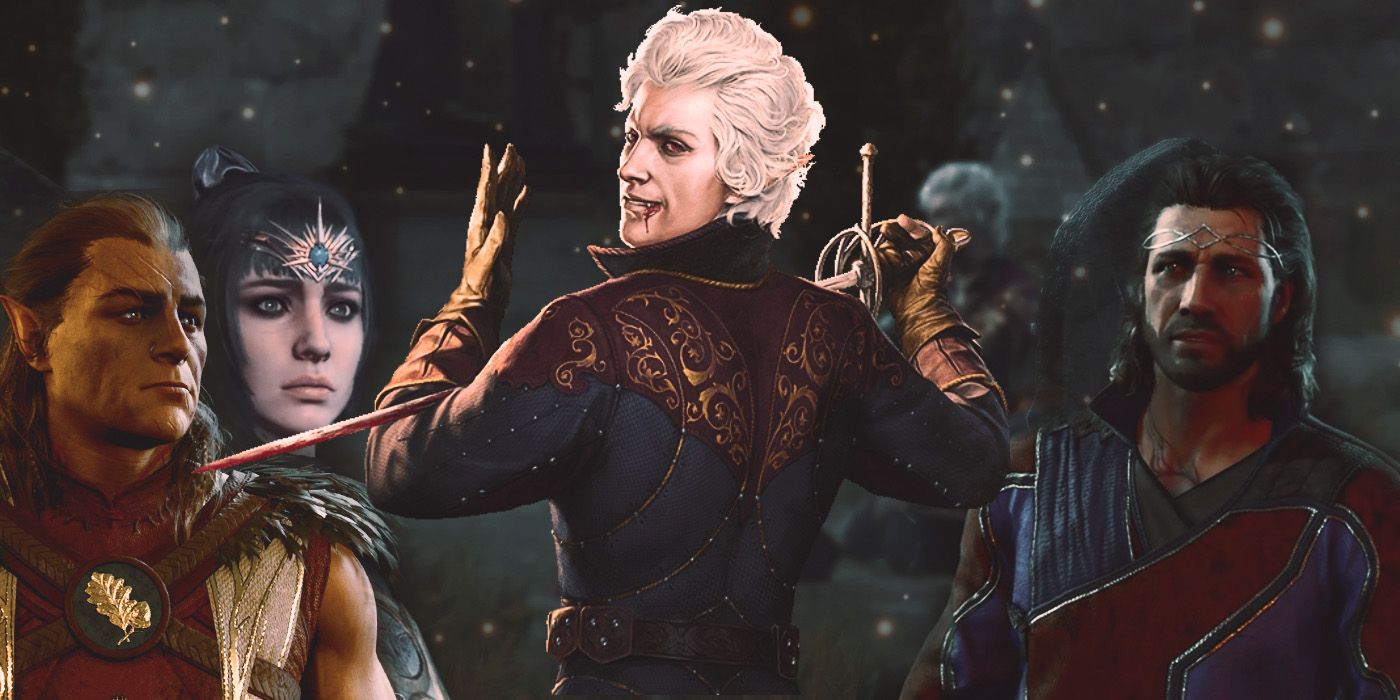
One companion who can come across as especially heartless is Astarion, who tends to delight in the idea of causing trouble or inflicting pain. Progressing his story starts to reveal why the vampire spawn has ended up this way, as he’s clearly a product of past trauma. In the servitude of the vampire Cazador, Astarion was treated with a cruel disregard for basic autonomy, and the suffering that he both endured and inflicted under Cazador seems to have become a core part of the way he views and approaches the world.
Ascended Astarion Is The Worst Companion In BG3
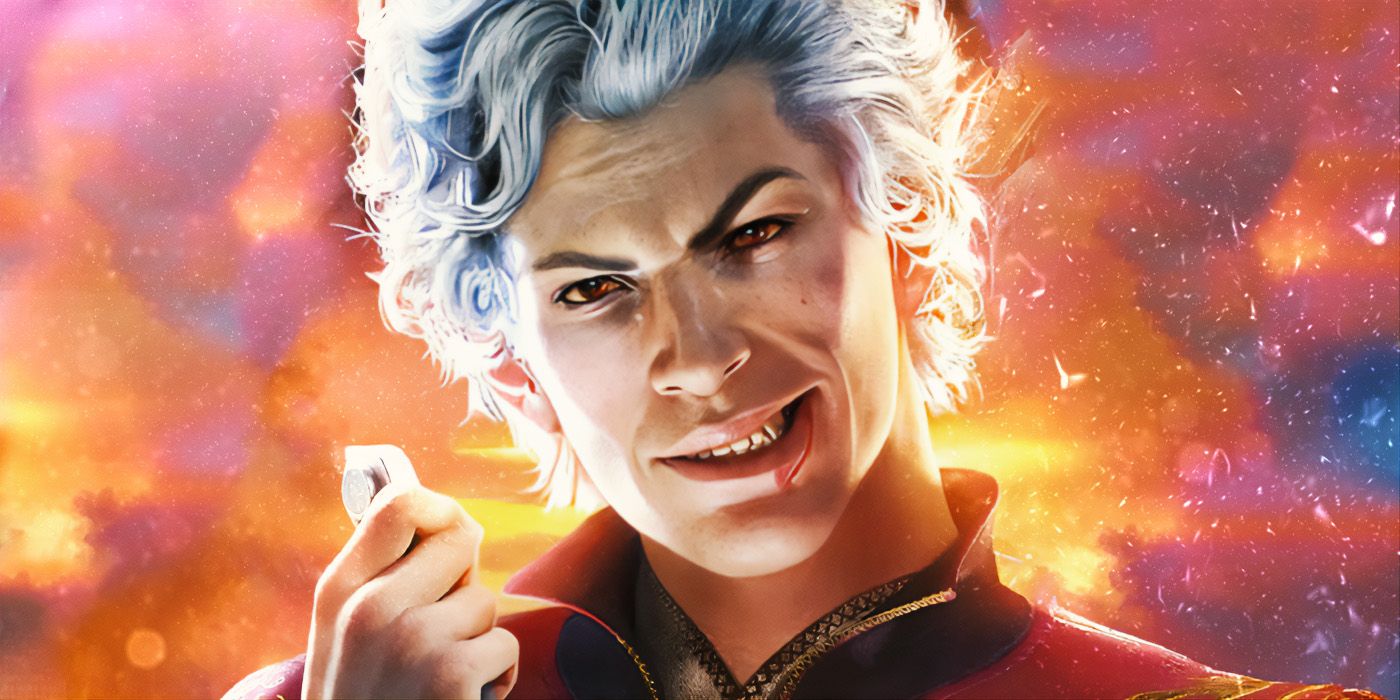
It’s possible to either physically prevent Astarion from taking Cazador’s place or persuade him not to, with the latter option being better for character relations.
The latter option is the morally better choice for a good-aligned playthrough, but ascending Astarion obviously beckons for any party seeking power first and foremost (which, considering the threat of the Absolute, isn’t necessarily as selfish as it might seem). If Astarion takes Cazador’s place, however, it quickly becomes obvious that vampiric power does not become him. Ascended Astarion might not be the being of pure evil that Cazador essentially was, but he isn’t all that much better, becoming significantly more manipulative, vindictive, and downright cruel to even his most loyal allies. It essentially turns Astarion into the worst companion.
How Ascended Astarion Acts In Baldur’s Gate 3
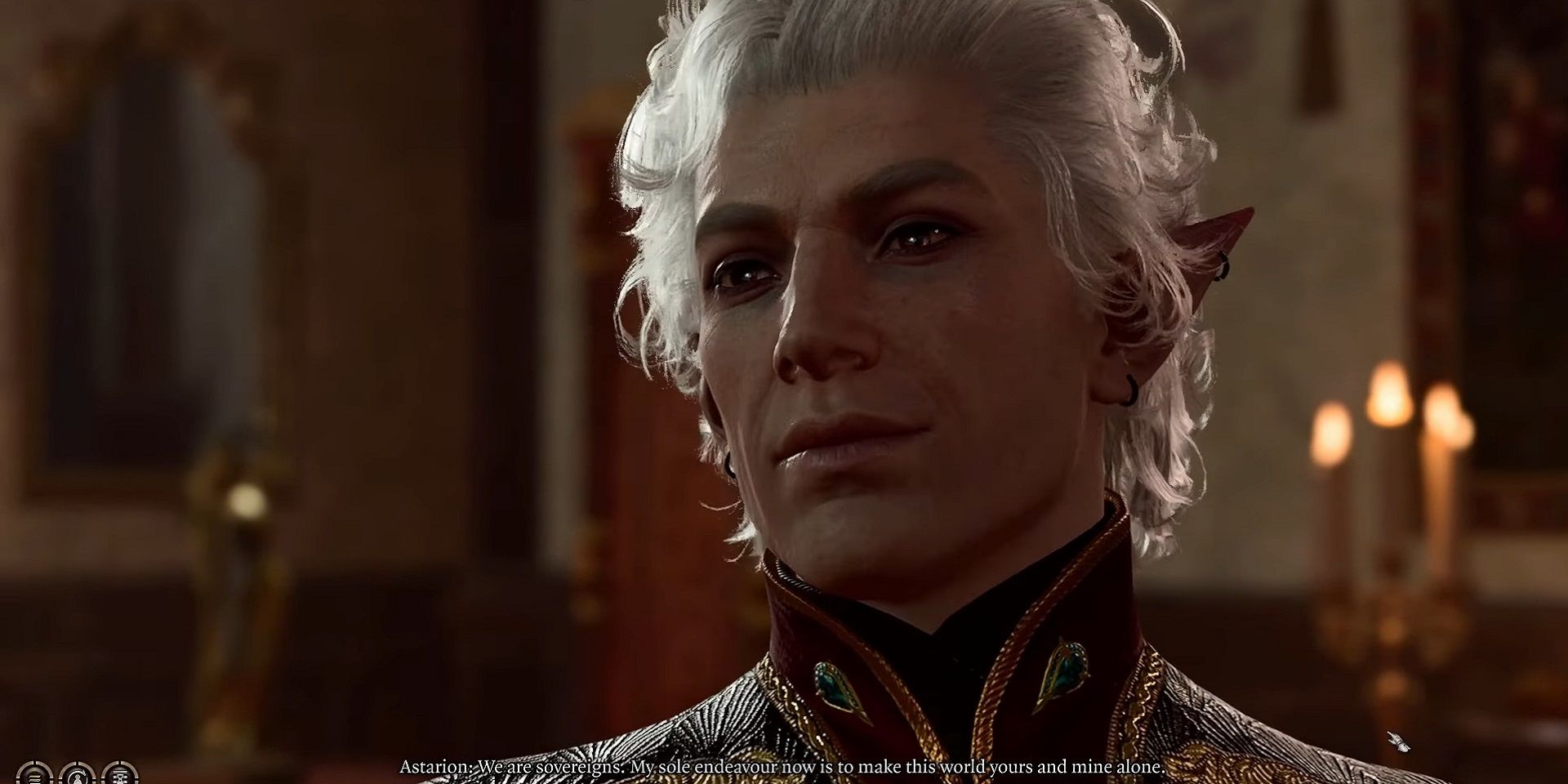
Astarion’s witty banter is a big part of his charm in Baldur’s Gate 3, so despite his lack of moral fiber, he’s often a favorite simply for the joy of talking to him or hearing his responses to various interactions and events in the stories. After ascending, however, the caustic elements of his conversational skills quickly take over, and he’s all too eager to lash out at any perceived slights. Questioning his shift in demeanor unsurprisingly seems to hit a sore spot, as Astarion will counter a comparison to Cazador by shouting at the protagonist and calling them an ingrate.
Even more revealing is the way that Astarion navigates a conversation about potentially breaking up with the protagonist, although this dialogue will obviously never occur in campaigns where he hasn’t been romanced. If criticized, he’s quick to whip out insults and accusations, but if the protagonist relents on their desire to separate, he switches easily to honeyed words that still betray an underlying level of manipulation and control. Although he resents the idea, Ascended Astarion truly does reflect Cazador’s tendencies, starting to treat companions like inferior spawn rather than equal allies and partners in the quest to defeat the Absolute.
Why Ascension Makes Astarion A Monster In BG3
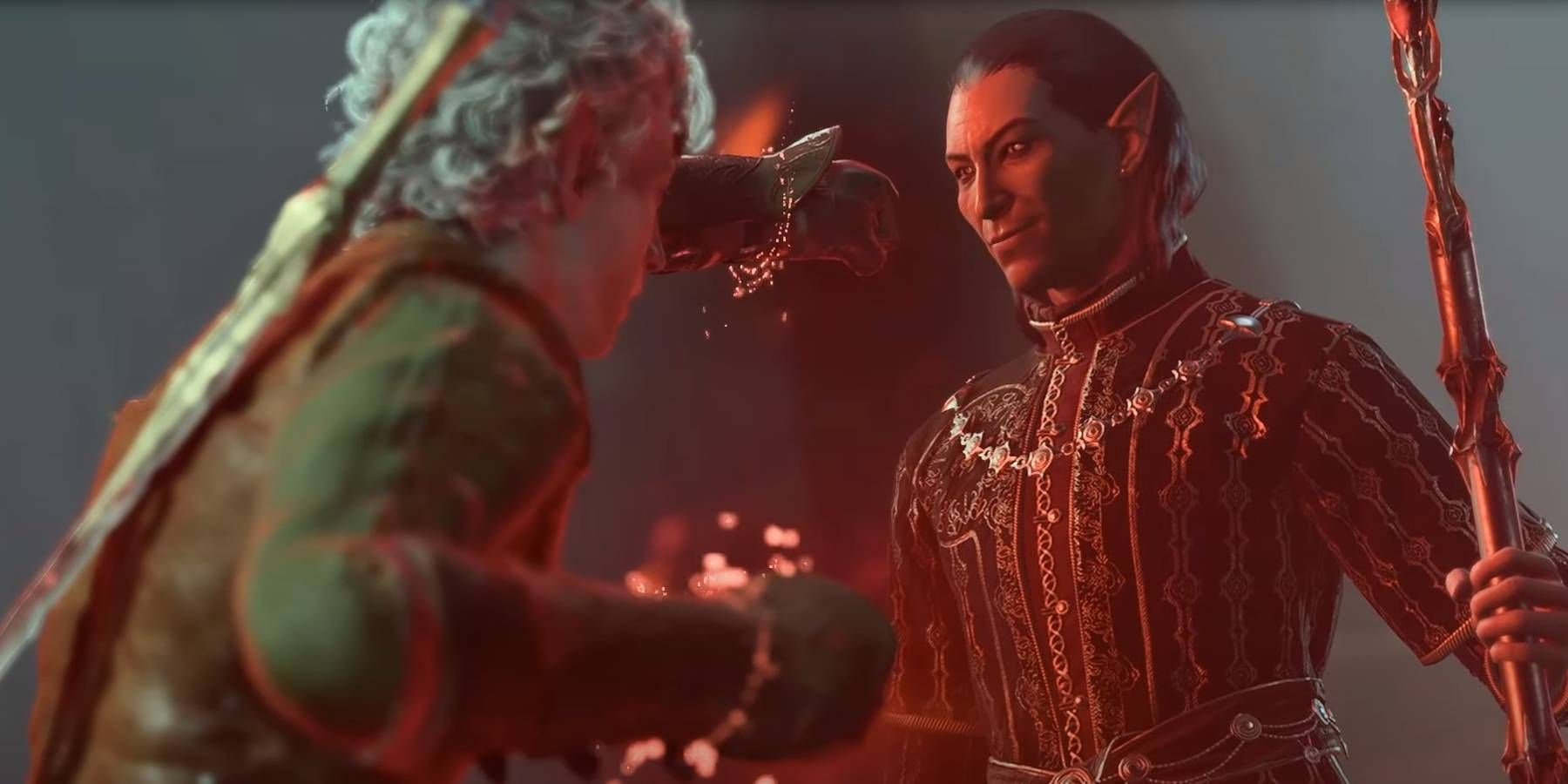
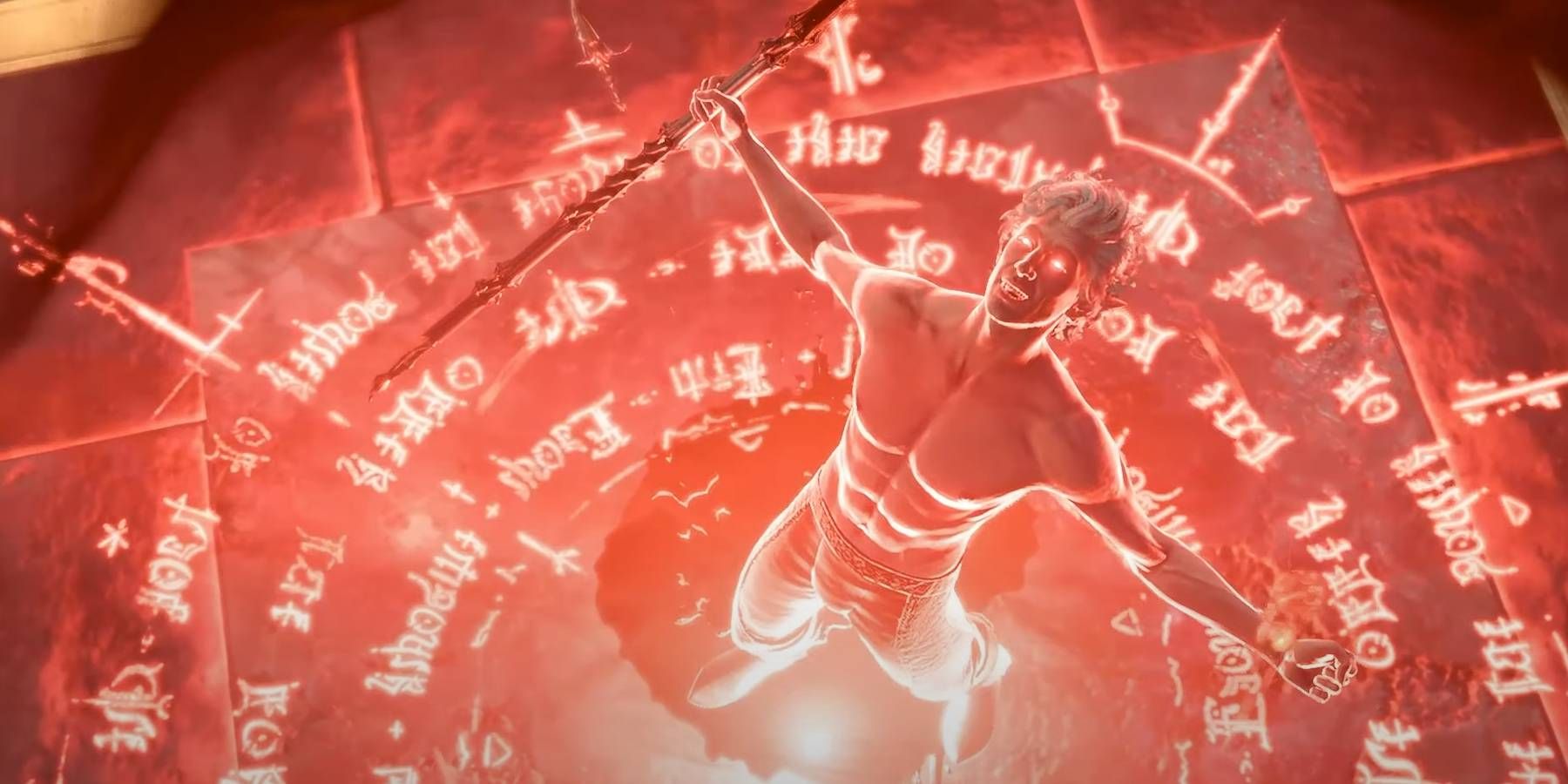
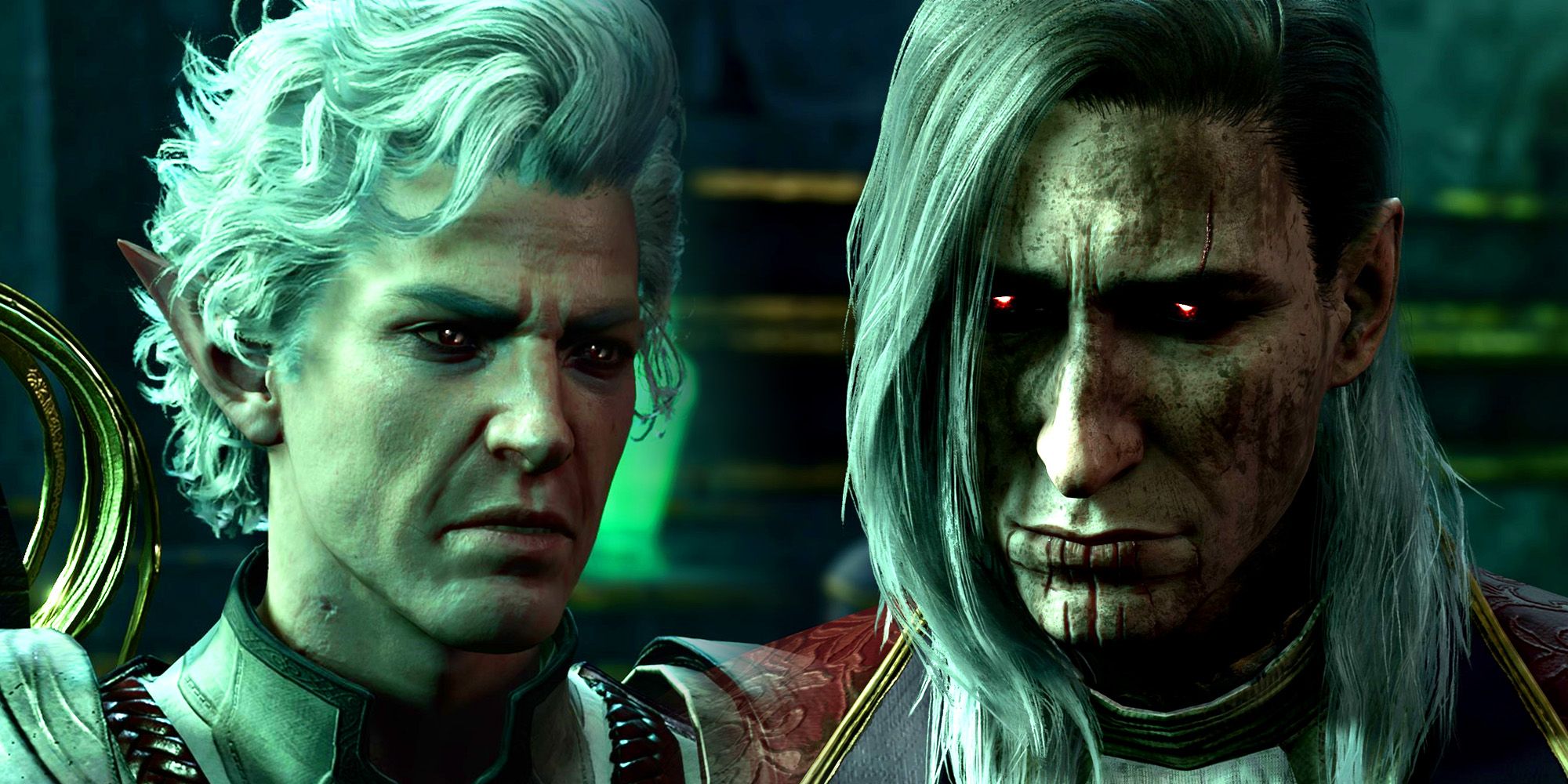

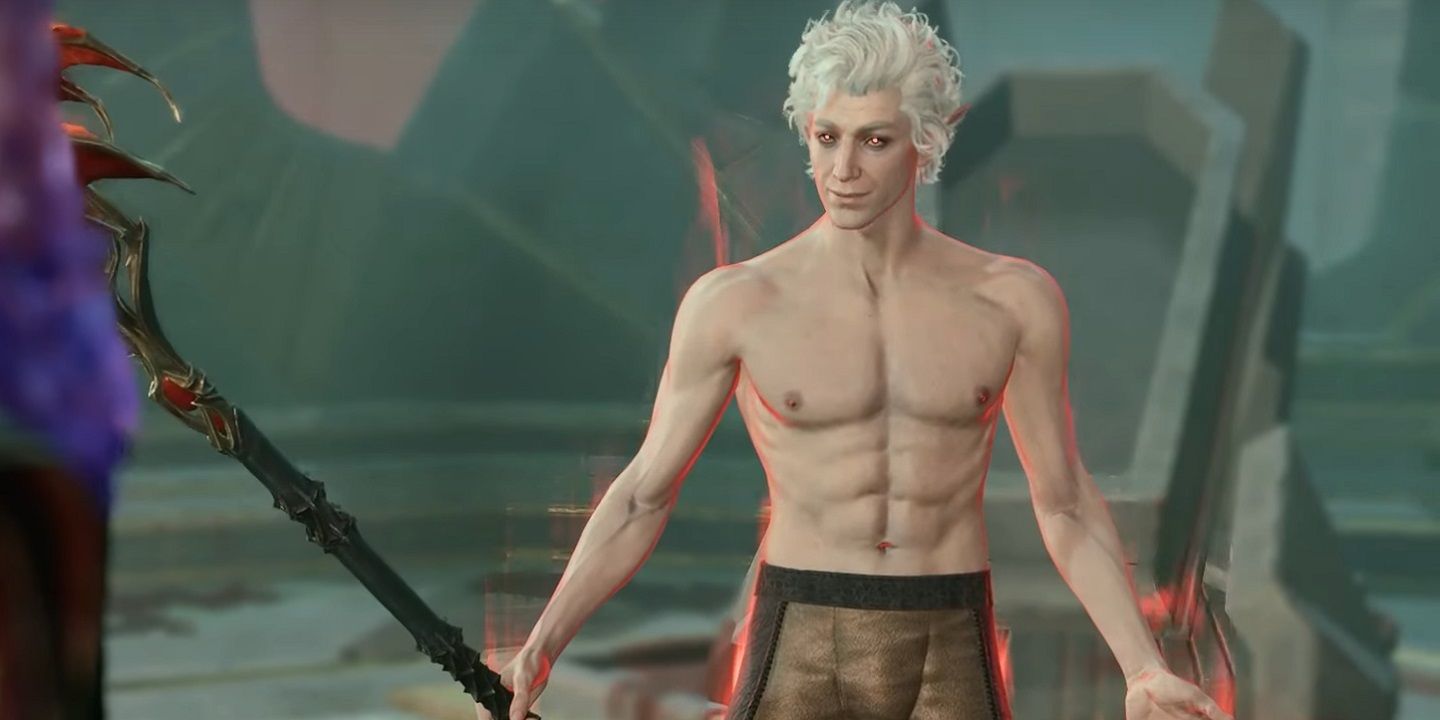





It’s ultimately not surprising that ascension brings out Astarion’s worst tendencies, as the moment of the choice plays out like a chance for him to move forward from his past and seek a better path or give in to his festering hate and desire for power. Choosing to sacrifice vampire spawn purely for his personal gain forces him to kill the niggling voice of his conscience, and it’s not a decision that he can easily reverse. It might also be Baldur’s Gate 3‘s clearest example of the innate corruption of power, a theme that crops up frequently throughout the story.
Backing away from the opportunity to ascend offers Astarion the best chance at redemption that he’ll ever get, and it essentially does the opposite of ascension, bringing out his better qualities and quashing his worst ones. It’s obvious that choosing to step away, no matter how much the decision might pain him, is also a weight off of his back. Enacting revenge on Cazador is necessary for him to put his past behind him, but so is making sure that he doesn’t become anything like Cazador himself, and the transformation in the character is remarkable.
No matter which path is chosen for Astarion in Baldur’s Gate 3, he remains the same core character through and through, and both outcomes are believable evolutions of his character. Consequently, anyone who enjoys him is still likely to get something out of either fate, as his cleverness and edge don’t get entirely lost in either cruelty or redemption. Both have their fair share of sadness as well. Remaining a vampire spawn rescues Astarion from becoming his worst self, but it also puts eternal constraints on his life, so he can’t ever be completely free from Cazador’s shadow either way.
Astarion’s arc is one of the most compelling in Baldur’s Gate 3, with memorable writing and a striking performance from voice actor Neil Newbon combining to create something truly special. Like most decisions in the game, there isn’t necessarily a wrong choice when it comes to ascending him, as both paths have their advantages and drawbacks alike. Nonetheless, it’s definitely useful to know that Astarion’s ascension strips away most of his redeeming qualities in Baldur’s Gate 3, so letting him take Cazador’s place is a call that should only be made by those who are prepared to face the consequences.





